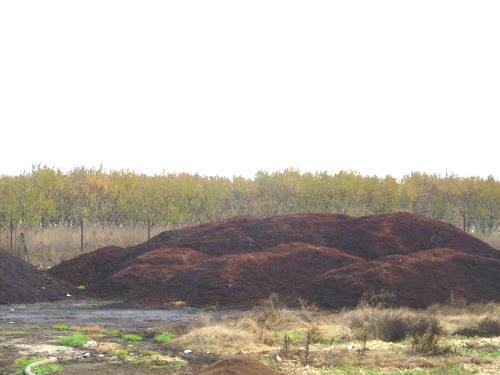Enviromental problem
The total volume of grape production in Greece is 100,000 tons. A large fraction of this amount is processed by 400 wineries located in Greek mainland to produce 400,000,000 lt of wine. During the winemaking process a large amount of solid waste, accounting 17% of the total grape weight, is generated. Furthermore, 2 lt of sludgy wastewater is produced for every liter of wine. The large volume and organic charge of these wastes constitute a serious environmental pollution factor, which is increasing constantly, since public demand for higher quality wines is consequencing substantial increase of quantity of the produced waste. On the other hand, most wineries are small to medium size enterprises that cannot afford the proper management of their waste and strict regulations limit the amount of ethanol, which may be produced from their waste by distillation. Thus, they adopt environmentally non-acceptable practices to manage their wastes. Their most usual action refers to the transfer of solid in open fields, where they are transforming slowly to fertilizer by aerobic biodegradation. The sludgy wastewater is also discarded in fields, lakes, rivers or sea.
